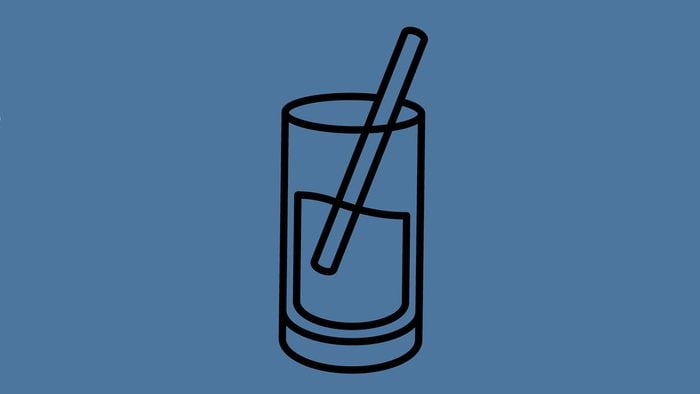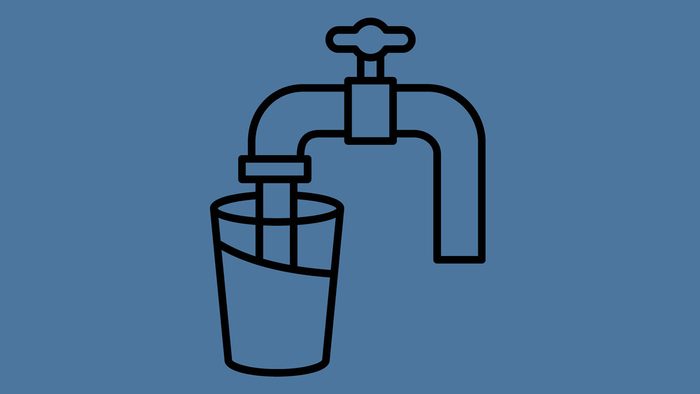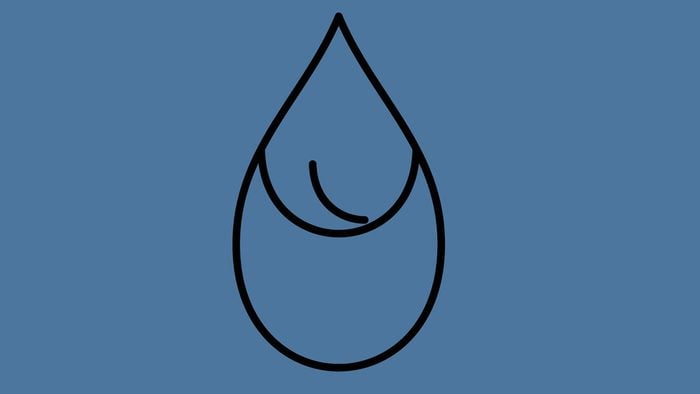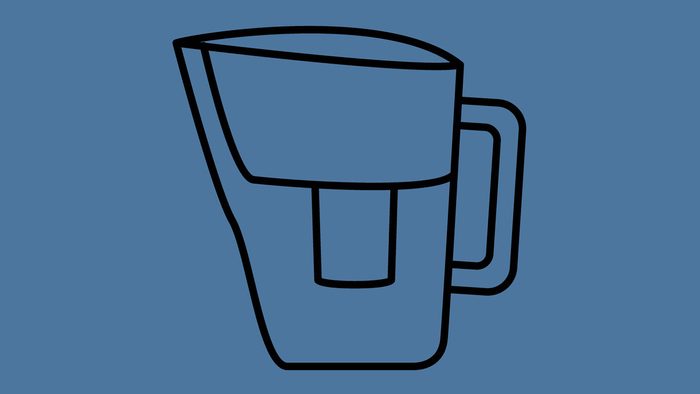
The shape of water
You know that water is good for your skin and that eight glasses will keep you not only healthy but also keep your metabolism firing. And while we have all started filling up our Swell bottles with tap water instead of filling our oceans and landfills with plastic bottles, there is still so much more we can learn. Which is why we connected with Mike Mitchell, the director for advanced technologies at the Helen of Troy Health and Home, the manufacturer of PUR Water Filtrations Systems. “Water is one of the most critical building blocks for health. Make sure you know what your drinking,” he says.
These 17 silent symptoms will tell you if you are dehydrated.

Know what could be in your tap water
In some parts of Canada there is still concern for metals in water, such as lead and mercury.
The water expert says: “Main source of Lead pollution is actually our aged water distribution systems,” says Mitchell. “Lead, in the past, was used extensively for water distribution systems.” Arsenic can be found in water from exposure untreated ground, like in wells, and from exposure to industrial pollutants and pesticides and biological organisms, like algae, bacteria and microbial cysts, he adds. “These are naturally occurring in many source water and the main reason municipalities use disinfection like chlorination.” There is a new way our water is getting exposed to contaminants, mainly from pharmaceuticals or personal care products that end up in our water systems. “These have been found in many source waters and we are still studying possible health impacts.”

Your city is responsible for healthy tap water – but so are you
The city does test water that comes to your house, but it doesn’t test what comes from the tap.
The water expert says: “The distribution system that starts at the consumer’s property line and delivers water through the home is the responsibility of the home owner,” says Mitchell. “For example, if lead pipes or even lead containing solder was used during construction it is the home owner’s responsibility to check and change in most circumstances.” So, what should you do? Mitchell says to check with your local municipalities for information, like in Toronto where some homes are covered by the city to be tested for lead, on how to test for lead in their drinking water at home.

Read up on your local water source
This information is available to you.
The water expert says: “Get to know your water,” says Mitchell. “Understand where it comes from and how it is treated. Each municipality creates reports describing the test they do and water quality in your area. After that, think of filtration systems like insurance. They have the ability to make water taste better but also can protect you from potential contaminates in your drinking water.”

Some water filters can help
Drinking bottled water isn’t exactly the answer. But a filter may help. Just read the packaging.
The water expert says: Mitchell says home and travel water filtration systems can vary (from reverse osmosis to carbon block), so look for a seal of approval from associations, such as NSF, WQA, CWQA or UL. “These organizations run specific tests and certify the capabilities of these systems to deliver clean water,” says Mitchell.
Adding this to water will help you get over your cold – fast!
